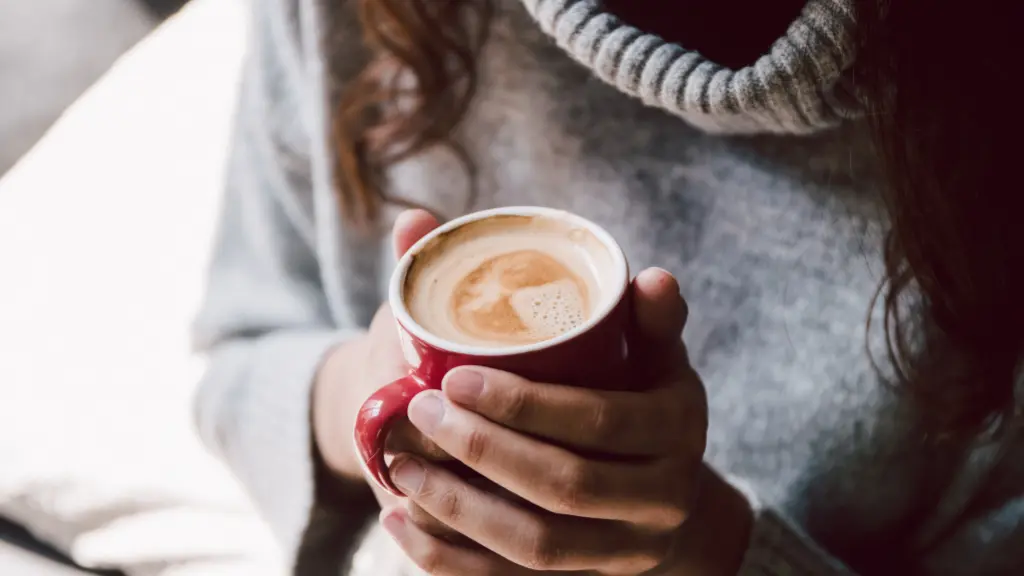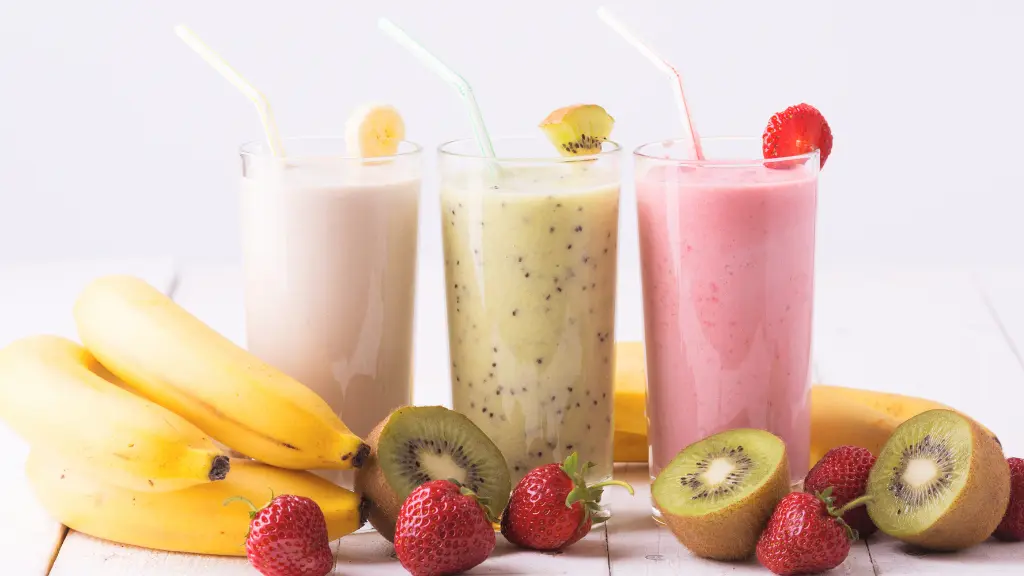Introduction: The Coffee Craze
Americans love coffee—it’s more than just a drink, it’s a daily ritual. Whether it’s that morning pick-me-up or an afternoon boost, coffee has become a go-to beverage for millions. But have you ever wondered if there’s an ideal time to drink coffee to maximize its effects?
As much as we might reach for that cup first thing in the morning, research suggests that the best time to drink coffee may not be as early as you think. Timing your coffee intake to align with your body’s natural rhythms can help you get the most out of your daily cup without causing crashes, jitters, or disrupting your sleep.
Let’s dive into what science and experts have to say about when you should be drinking your coffee and how to make the most of its benefits.
You May Also Like: Everything You Need to Know About Skin Scents: Insights from Fragrance Experts
1. The Science Behind Coffee and Your Body
To understand the best time to drink coffee, it’s important to first understand how caffeine interacts with your body. Coffee’s primary active ingredient, caffeine, is a stimulant that works by blocking adenosine, a chemical that promotes sleep. By doing so, caffeine increases alertness and helps reduce feelings of fatigue.
However, our bodies are also governed by a biological clock called the circadian rhythm, which regulates sleep, energy levels, and hormone production throughout the day. One of the key hormones in this process is cortisol, which is often referred to as the “stress hormone” but is also crucial for helping you wake up and stay alert.
The interaction between caffeine and cortisol is where the timing of your coffee consumption becomes critical.
2. What Is Cortisol and How Does It Affect Coffee Timing?
Cortisol plays a big role in your daily energy levels. It helps you wake up and feel alert naturally, particularly in the morning when your body releases the highest amounts of cortisol. Your cortisol levels follow a natural rhythm, peaking at certain times throughout the day.
Research suggests that drinking coffee when your cortisol levels are at their highest might actually reduce its effectiveness. Since your body is naturally alert at these times, adding caffeine may cause your body to build up a tolerance, which means you need more coffee over time to get the same boost.
Cortisol peaks at three key times during the day:
- 8 AM to 9 AM
- 12 PM to 1 PM
- 5:30 PM to 6:30 PM
This means that having coffee at these times might be less effective, and you might not experience the full benefits of your cup.
3. The Best Time to Drink Coffee: Mid-Morning Magic
If you’re used to rolling out of bed and heading straight for the coffee pot, you may want to wait a bit. According to experts, the best time to drink coffee is actually in the mid-morning, between 9:30 AM and 11:30 AM.
By this point, your morning cortisol levels have started to drop, and you’ll benefit more from the stimulating effects of caffeine. This timing allows coffee to give you an energy boost when your natural alertness is starting to fade, without creating an unnecessary caffeine dependence.
Why mid-morning?
- Your cortisol levels are beginning to dip after their morning peak.
- You can enjoy a sustained energy boost without disrupting your body’s natural rhythms.
- Coffee at this time is less likely to interfere with sleep later on in the day.
4. Coffee and Your Afternoon Slump
Many people reach for a second or third cup of coffee during the afternoon slump, usually between 2 PM and 4 PM, when energy levels tend to dip. This is another common time for people to feel fatigued, as cortisol levels are naturally lower, and caffeine can offer a much-needed boost.
However, drinking coffee too late in the day, especially after 3 PM, can interfere with your body’s ability to wind down in the evening. Caffeine has a half-life of about five to six hours, meaning it takes that long for your body to process and eliminate half of the caffeine you’ve consumed. This means that an afternoon coffee at 4 PM might still be in your system when you’re trying to fall asleep at 10 PM.
To combat the afternoon slump, you may want to reach for a lighter coffee option like a cold brew or a smaller serving size. Alternatively, a power nap or a quick walk in the fresh air can also help rejuvenate your energy levels without relying on caffeine.
5. Coffee and Sleep: Timing Matters
One of the biggest concerns about caffeine consumption is its effect on sleep. For people who are sensitive to caffeine, drinking coffee too late in the day can lead to insomnia, restlessness, and difficulty falling asleep.
If you value your sleep quality, it’s important to cut off caffeine intake at least six hours before bedtime. For instance, if you typically go to bed at 10 PM, your last cup of coffee should be no later than 4 PM. However, this timing may vary depending on your sensitivity to caffeine, so it’s always a good idea to pay attention to how your body responds.
6. Can Drinking Coffee First Thing in the Morning Be Bad?
While many of us associate coffee with waking up, having your first cup immediately upon waking might not be the best move. Drinking coffee during the peak cortisol period (around 8 AM to 9 AM) can blunt the effect of caffeine, as your body is already producing enough cortisol to keep you alert.
Moreover, caffeine consumption on an empty stomach can increase the production of stomach acid, which might lead to discomfort or digestive issues for some people.
If you absolutely need coffee to start your day, experts recommend waiting at least 30 minutes to an hour after waking before indulging in your first cup. Pairing your coffee with breakfast can also help mitigate any potential negative effects on digestion.
7. Other Factors to Consider for Coffee Timing
While the general timing guidelines for coffee consumption apply to most people, there are other factors that might affect when and how much coffee you should drink:
- Caffeine Sensitivity: Some people are more sensitive to caffeine than others, meaning they metabolize it more slowly. If you find that coffee makes you jittery or interferes with sleep, you may want to stick to drinking it earlier in the day and in smaller quantities.
- Exercise: Many people enjoy a cup of coffee before a workout as it can enhance physical performance and focus. If you’re planning on exercising in the morning or late afternoon, timing your coffee around your workout can give you a natural energy boost.
- Health Conditions: If you suffer from anxiety, high blood pressure, or digestive issues, you may want to limit your coffee intake or consult with a healthcare provider on the best timing for you.
8. The Bottom Line: Listen to Your Body
Ultimately, the best time to drink coffee depends on your individual lifestyle, schedule, and how your body responds to caffeine. While research suggests that mid-morning is the optimal time for most people, it’s essential to pay attention to how coffee affects you personally.
By aligning your coffee habits with your body’s natural rhythms, you can enjoy the energy-boosting benefits of caffeine without the unwanted side effects of crashes, jitters, or sleepless nights.
Conclusion: Timing Is Everything
When it comes to coffee, timing is everything. By drinking coffee at the right time—typically mid-morning and early afternoon—you can maximize its benefits and stay energized without disrupting your natural sleep-wake cycle. So, the next time you reach for your favorite brew, remember that waiting just a little longer might be the key to getting the most out of your caffeine fix.










